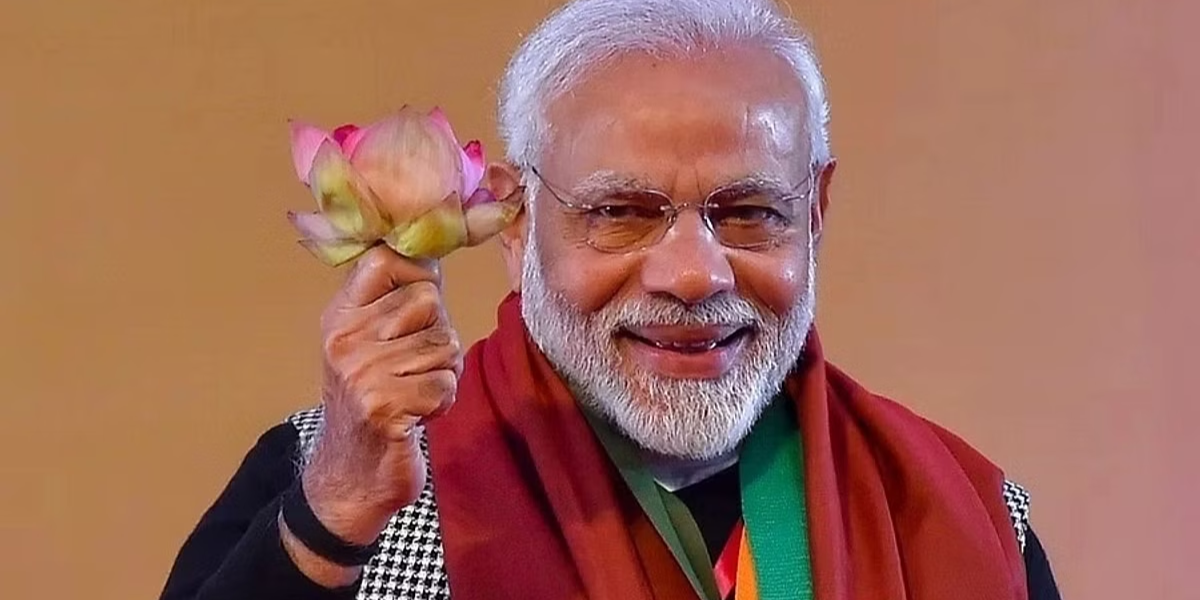February 5, 2019 (Reuters) – Despite the impending general elections, India’s finance minister unveiled a strict budget last week, demonstrating the administration’s unwavering belief that Prime Minister Narendra Modi will win a third consecutive term in office.
In lieu of the customary election-year populist policies, Nirmala Sitharaman prioritized fiscal restraint and reduced fuel, fertilizer, and food subsidies in her interim budget.
A larger-than-expected fiscal deficit resulted from Modi’s government’s announcement of direct cash support of 750 billion rupees (approximately $10.5 billion) for impoverished farmers, an extension of income tax exemptions to more people, and various other benefits in the interim budget before the most recent general election in 2019.
However, Sitharaman left little room for doubt as to who she expected to return to deliver the entire budget following the elections, which are scheduled for May.
“Our government will present a detailed roadmap for our pursuit” of a developed India by 2047, she said, in the July full budget.
Ahead of the election, the ruling Bharatiya Janata Party (BJP) is feeling very confident because Modi has fulfilled a number of nationalist promises meant to appease the nation’s majority Hindu population as well as highlight the remarkable economic progress of the nation.
Vice President of the party Tariq Mansoor stated, “The BJP will do very well because people have confidence in the prime minister and there are so many other factors like the economy.”
From being the tenth largest when Modi entered office ten years ago, India’s GDP is currently the fastest growing among major countries, ranking fifth in the world.
However, rather than in the vast hinterlands where more than 60% of India’s 1.42 billion people reside, growth has been concentrated in urban regions. Critics have pointed out that the party suffered a shocking defeat in the 2004 general election as a result of similarly uneven growth.
However, the majority of analysts believe that there is no prospect of a surprise in this election and that Modi, 73, would easily win a rare third term in government.
They cite several factors, including Modi’s strong popularity, his successful execution of social programs like providing free food to 800 million underprivileged people, and the BJP’s Hindu constituency being energized by the building of a massive temple on the site of a demolished mosque. They went on, “The opposition is in disarray.”
“Unless there is some Black Swan event in the next three months or so, which is very unlikely,” Yashwant Deshmukh, founder of the polling firm CVoter Foundation, stated, “there will be no repeat of the 2004 debacle.”
“It’s not only because of the economy but more importantly that he has delivered on emotive issues for the cadre, the rank and file of the BJP, and at large the Hindutva (Hindu right) vote base.”
While a fresh survey is being conducted by CVoter, Deshmukh stated that “numbers are suggesting that they are going to get a majority on their own very easily at this point in time.”

/cloudfront-us-east-2.images.arcpublishing.com/reuters/FAHMXALK2VJLNPXZX5F7KHUUCQ.jpg)
